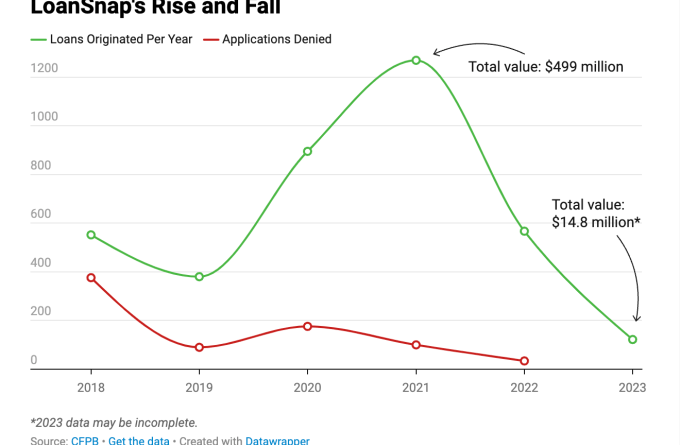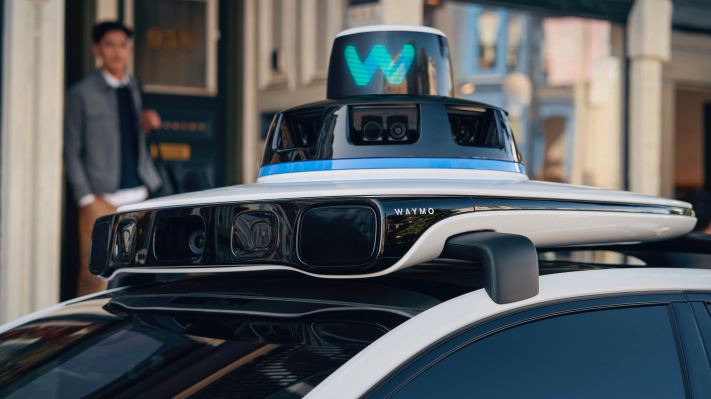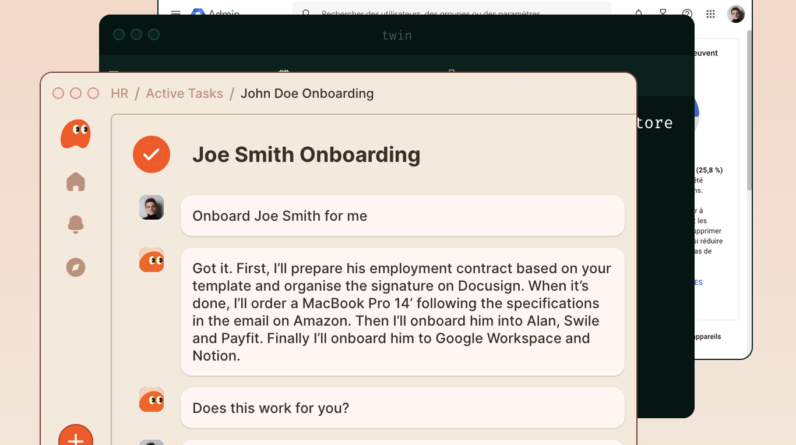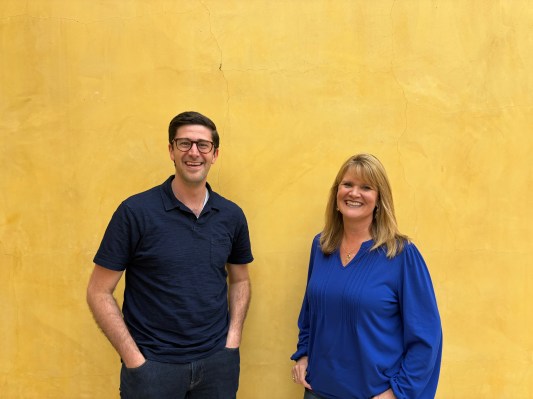
[ad_1]
OpenAI is working with former Twitter India head Rishi Jaitly as a senior advisor to facilitate talks with the government about AI policy, TechCrunch has exclusively learned. OpenAI is also looking to set up a local team in India.
People familiar with the matter told TechCrunch that Jaitly has been helping OpenAI navigate the Indian policy and regulatory landscape.
OpenAI currently does not have an official presence in India (apart from a trademark, approved earlier this month). However, OpenAI co-founder and CEO Sam Altman visited New Delhi during his world tour in June and met with Prime Minister Narendra Modi. After his meeting, Altman said he had a great conversation with Modi. Nevertheless, neither Altman nor the company made any announcements during his two-day visit.
It’s not clear if Jaitly is formally employed at OpenAI, but he’s been taking on a role advising the company on how to establish connections in India. He started in the role sometime after Altman’s New Delhi visit, two sources told TechCrunch.
Between 2007 and 2009, Jaitly served as head of the public-private partnership for Google in India before moving to Twitter (now called X) in 2012. He was the company’s first employee in the country, according to his LinkedIn profile.
He was later elevated to VP for the APAC and MENA region. In late 2016, Jaitly left Twitter and became the co-founder and CEO of Times Bridge, the global investment arm of the Indian media giant The Times Group. Times Bridge’s portfolio includes Uber, Airbnb, Coursera, Mubi, Smule and Wattpad. Jaitly left the firm in 2022.
OpenAI and Jaitly did not respond to requests for comment.
OpenAI’s vice president of global affairs, Anna Makanju, is scheduled to speak at the Global Partnership on Artificial Intelligence summit in Delhi next week, alongside other industry experts and international politicians. She will be a part of the session titled “Collaborative AI for Global Partnership (CAIGP) – Global Cooperation for Equitable AI.” Sources told TechCrunch that Jaitly assisted in setting up Makanju’s participation at the event.
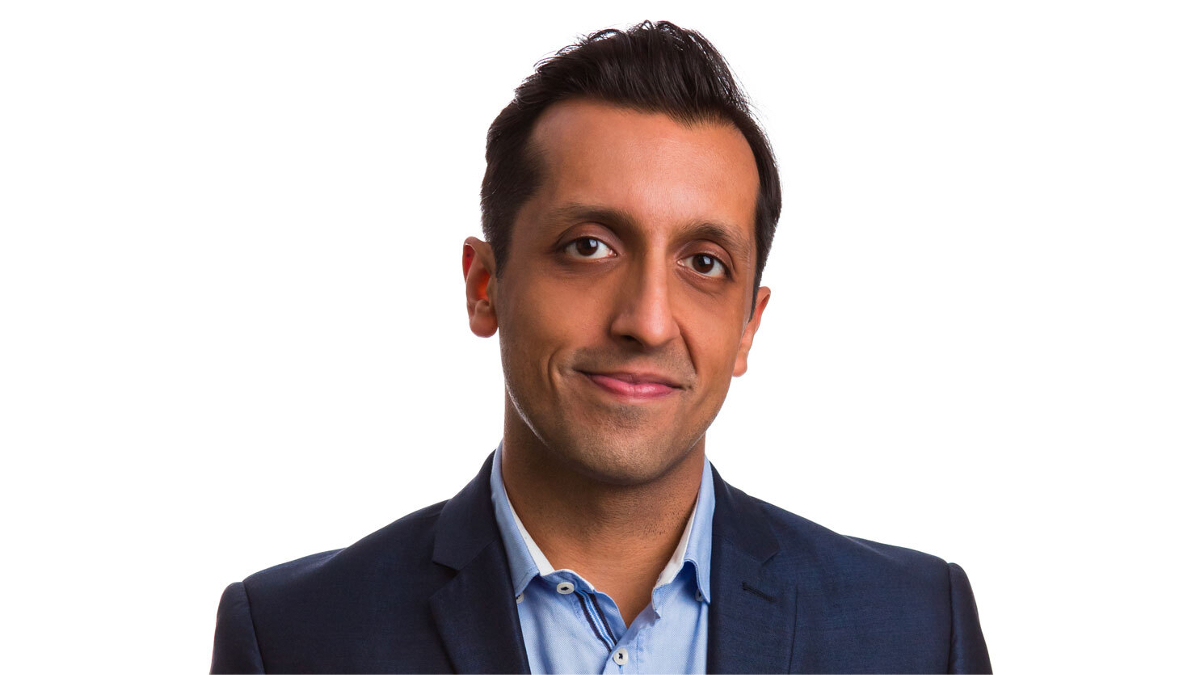
Rishi Jaitly. Image Credits: Mobile Global Esports
In recent weeks, OpenAI’s leadership has been on a roller coaster. First, Altman and board president Greg Brockman were abruptly ousted from the company. The duo joined Microsoft for a hot minute before returning to OpenAI with a revamped board.
At an event hosted by Times Group in New Delhi during his June visit, Altman responded to a question about building foundational models with a $10 million budget. It’s “hopeless,” he said. (OpenAI has raised a bit more itself — over $11 billion to date — to build its foundational models.)
His comments met some backlash from Indian entrepreneurs, but Altman clarified later that his words were taken out of context and that he meant it’s hard to compete with the likes of OpenAI with such a budget.
“The right question is what a startup can do that’s never been done before, that will contribute a new thing to the world. I have no doubt Indian startups can and will do that,” he said in a post on X.
Critics have described India as severely lagging behind in the world of AI development, not least because of the lack of funding. This piece in September noted that India’s AI startups have raised around $4 billion, which sounds like a big number until you consider the $50 billion that has been poured into the ecosystem in India’s great rival, China; or the $11 billion+ that OpenAI alone has raised (along with the billions more picked up by other large players, and of course the money Big Tech is putting into this).
A more sympathetic viewpoint might be that India’s AI development is still just nascent, with a few startups such as Sarvam — which recently raised $41 million from investors including Lightspeed, Peak XV, and Khosla Ventures — just getting started on building foundational models.
“While there are over 1,500 AI-based startups in India with over $4 billion of funding, India is still losing the AI innovation battle,” analysts at Sanford C. Bernstein said in a note.
That leaves a big gap for companies like OpenAI. India, the world’s most populous country and the second-biggest internet market after China, with over 880 million users, presents an opportunity for growth. Altman hinted at the company’s interest in the country during his June visit to the engineering college IIIT Delhi.
“It really is amazing to watch what’s happening in India with the embrace of AI — not just OpenAI but other technologies, too,” he said at the time.
That said, the company has yet to disclose any investment in the country (save for the trademark).
And it might not be a fast move. An OpenAI investor told TechCrunch that the company does consider India its key market and is looking to explore opportunities to grow its presence.
But with OpenAI’s leadership locked in, now with a more aligned board behind its bolder commercial push, regulation is really one of the last things in the company’s way. And so working on the regulatory front may be the first and most important efforts it can be making right now.
For now the task may be more about understanding what direction things will be moving in coming years.
Indian government officials have indicated multiple times this year that they are not looking to put strict regulations around AI development. India’s IT Minister of State Rajeev Chandrasekhar has repeatedly pushed for international collaboration to develop a framework on regulating AI, with the “guardrails of safety and trust.”
“We are very committed to AI,” he said at the Global Technology Summit in New Delhi earlier this week, hosted by Carnegie India and India’s external affairs ministry. “We certainly are focused on using AI in real-life use cases and our prime minister is absolutely a believer that technology can transform the lives of people, make governments deliver more, deliver faster, deliver better. And so AI is going to be for us used to build models and build capabilities that are aimed at real-life use cases.”
Unlike OpenAI, its biggest investor and strategic partner Microsoft — which now has an observer seat on the board — has a strong hold in India. The software behemoth, which established its local presence in the Indian market back in 1990, has one of its largest R&D centers outside its Redmond headquarters in Bengaluru and three data centers across the country. It has over 20,000 employees across 10 Indian cities. The company is also an active investor in Indian startups.
We have contacted OpenAI for comment and will update this post when and if it responds.
[ad_2]
Source link

